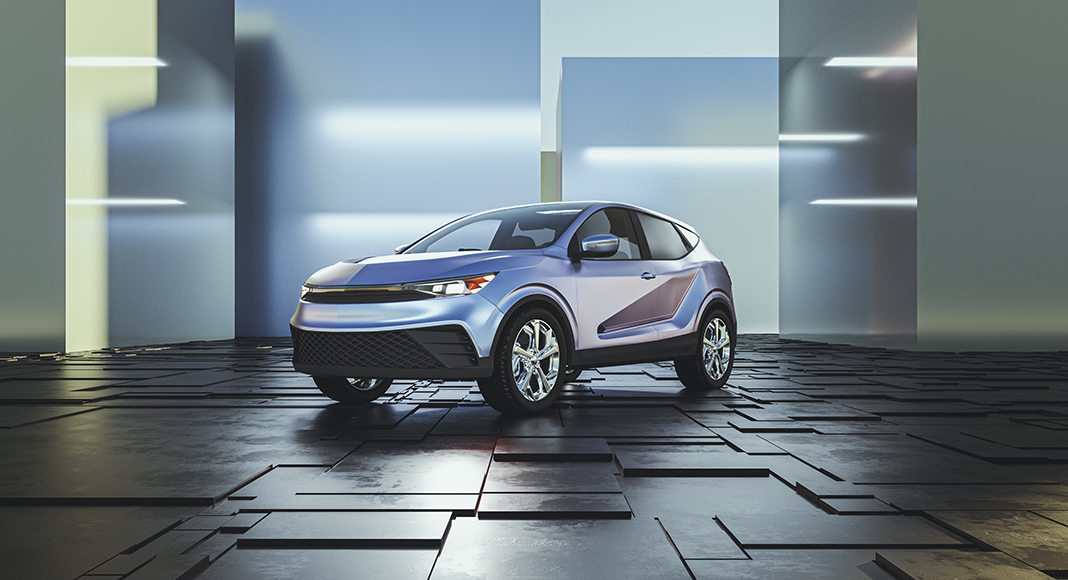Most midsize SUVs offer inadequate front crash protection for passengers seated in the back, latest crash test ratings from the Insurance Institute for Highway Safety (IIHS) have shown.
IIHS recently updated its longstanding moderate overlap front crash test to add a rear passenger dummy positioned behind the driver.
‚ÄúAll these vehicles provide excellent protection for the driver, but only a handful extend that level of safety to the back seat,‚ÄĚ said IIHS President David Harkey.
Of 13 midsize SUVs tested, only four ‚ÄĒ the Ford Explorer, Ford Mustang Mach-E, Subaru Ascent and Tesla Model Y ‚ÄĒ earned good ratings.
Three others, the Chevrolet Traverse, Toyota Highlander and Volkswagen Atlas, earned marginal ratings. Six more, the Honda Pilot, Hyundai Palisade, Jeep Grand Cherokee, Jeep Wrangler 4-door, Mazda CX-9 and Nissan Murano, were rated poor.
IIHS launched the updated moderate overlap front test last year in response to research showing that the front-seat safety gains that were driven by the original evaluation had not been matched in the rear. In vehicles from model year 2007 onward, the risk of a fatal injury is 46 percent higher for belted occupants in the rear seat than in the front. The IIHS said it wasn’t because the rear seat had become less safe, but because restraint technologies had only improved in the front seat.



















